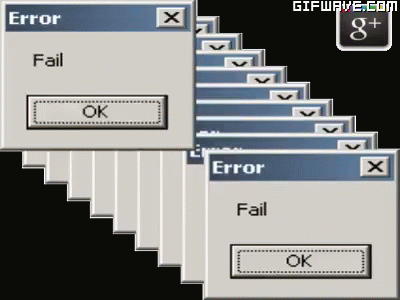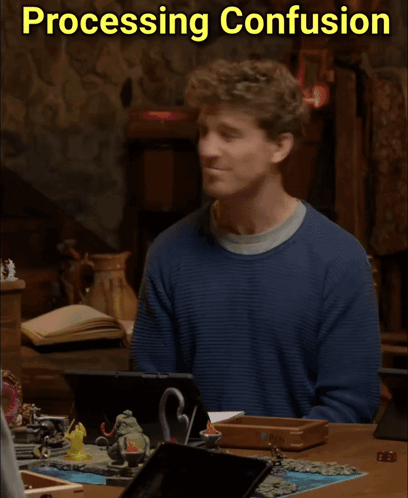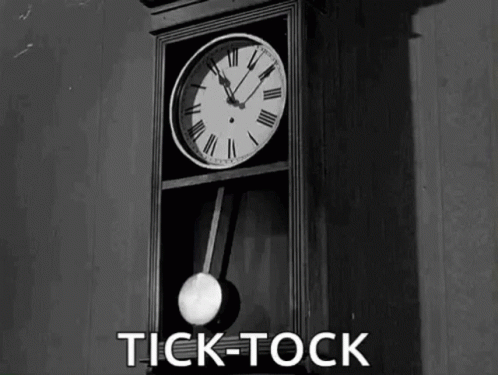To be entirely honest, it took me lots and lots of trials and errors to figure out the ultimate way of studying. I tried various methods such as the pomodoro, the feynman technique, blotting, mind maps and much more. I discovered that there isn’t one perfect way of studying, that everyone has their own preferred way. That different topics require different approaches.

I am here to share the ways that I saw beneficial as a biology student and how I used the different techniques to study various courses while pursuing my biology degree from preparing to the actual process of learning.
What I was looking for is a way that is efficient, not too demanding and easily adaptable wherever I was. When it came to studying, I like to keep things simple to not allow myself any excuses.
First I pointed out all the things that I disliked about the ‘process’ of studying especially when it comes to courses that are not my favourite thing ever. The main things were:
- Spending a lot of time staring at the slides/ class notes.
- Writing down too much information down aka basically copying from the lecture slides or textbook.
- Just being bored and not getting anything done.
- Requires too many things such as stationary and space.
- Not being able to recall the basic information.
Once I established those things I got something to work with. Another thing that I considered when figuring out the way of studying is the type of the course I am taking. For example, there are courses that are heavily based on understanding while others are more memory based. Some courses can be dense and accumulate lots of information while other courses can be less detailed and more generalized. Thus, figuring out the specifics and wants of these courses can facilitate the way you study for it.
One way I keep things organized is that I check the syllabus and organize the topics accordingly. I do know that some doctors don’t follow the syllabus strictly but it gives you an overview of all the topics that is covered within this course.
I also realized a very important point which is that the number of hours studied does NOT equal the effectiveness of studying or efficiency. I found that I could spend only an hour or even 45 min on a topic and it could be more effective than spending 3-4 hours.
Personally, I don’t prefer spending a lot of time on one single topic as it could get boring and confusing at a certain point. I remember when I was studying for the AP biology exam I used to spend hours and hours reading and staring at the material but then I realized that I only led myself to burnout which is every student’s nightmare.
So here are 8 things that I did to get A’s in many courses without spending more than an hour of studying:
- Organization. I kept a clear list of all the topics and all the requirements. I also kept it on my laptop because I would always have it with me. I also kept three types of lists, a weekly list, a monthly list and a semester list. I know it sounds a bit much but it kept things clear and accessible, I don’t think I missed any deadlines with this system.

- Attend lectures. I know that it’s cliché but it’s true, let me tell you why. When you attend the the lecture you already done step one of studying which is receiving the information. Whether you get it or not is irrelevant at this stage but attending the lectures puts some key concepts into your mind. So, yes attending the lectures are crucial. Personally, I like to keep my absences as minimal as possible but that doesn’t mean I never missed a class (but that’s an issue for another blog post).

- Prepare before lectures. I don’t mean go and study the whole lecture slides and memorize everything before the lecturer has explained it. But how do you prepare? Get in the zone of the lecture, skim through the slides and read through the headlines. In most cases there would be an outline in the first 2 slides of a lecture slide, use that as a guide for the lecture. If this lecture is a continuation of the previous class then review the covered material, refresh your mind. Keep yourself in check, so you don't have to be confused in the first half of the lecture.

- Decide what your strengths are in lectures. Are you someone who gets lost when the lecturer is explaining and can only comprehend things when you write them down. Or are you someone who hates writing things down because it takes all your effort and focus. Are you someone who can do both simultaneously or do you just sit and listen uninterrupted. Take all of this into account when attending a lecture because it can dictate your learning experience. Work with your strengths not against them, it is going to save you time and effort. Personally, I like to keep a pen and paper or the iPad accessible at all times in order to write key concepts or certain questions that come to mind. Don’t be swayed by the other students, everyone has their own way. Try different ways out but don’t just copy it because someone else is doing it. One thing I don’t ever do in lectures is writing down everything the lecturer is saying because:
- It doesn’t allow you to actively write and receive information.
- It’s a waste of time and effort.
- Not everything the lecturer says is relevant to the course.
- Almost all the things that the lecturer says can be found in the lecture slides, unless the lecturer states otherwise.

- Collect all your notes/resources. I try to be as organized as possible but most of the times my notes are all over the place. I use different methods of note taking it could be on the iPad using notes app or Goodnotes, or it could be a piece of paper with scribbles while other times it could be on a word document on my laptop. It really depends on what I have on my hand. What I do before I start to study is that I gather all these notes and decide on the best way of organizing them. Is it missing something? Should I divide it differently? Is anything repeated? What are the things that are most confusing? Are most of the notes digital or not? What way requires less time? When I start answering these questions, I start reading the notes and try to make things make sense. In a way I am reviewing the material before even starting to study. Looking for links, keywords, concepts and holes.

- Create your own notes. Make them make sense to you. They don’t have to look pretty or make sense to someone else, make them for you. You would ask me why? Well in order to really understand concepts you need to actively interpret the information you previously received which is unique to everyone. Question the information, find a way to link them to each other. At the end of the day, biology is a big umbrella of concepts that at a certain point the titles can be linked together.

- Time yourself, use a stopwatch. Don’t give yourself the comfort of having “all day” to finish things. First, that can do two things it will either put you in too much of a relax mode that you will not work well or it will keep you in an anxious mode all day. Second, why spend hours on something that can be done in half the time. Third, I'd like to do other things in my day other than studying. Why do I say time yourself? because everyone has different flow times. What I mean by that is that it might take you less time than you expect to cover a topic because being in zone gives you an edge. For example, I realized that my attention spam for a certain specific topic is exactly 23 min, any more than that gets me distracted and can lead me to burnout. Thus, I study in intervals of 23 minutes with 2-5 min breaks depending on the density of the covered material.

- Try different techniques for different courses. Don't assume that because some specific technique worked for one course that it will work for all other courses. Tailor the techniques, adjust them to your liking, make it work for you. Take the things that really worked for you and leave the things that did not. Don't try to force a technique to work. For example, I heavily rely on mind maps for memory based courses such as bacteriology and immunology, where I would construct mind maps to keep all the information in one clear page for easy access and revision. While for denser courses such as Molecular biology of genes, I did a lot of illustrations to visualize the concepts. Moreover, I used space repetition for all the courses whether it was dense or not. I found that it helped in keeping the information in check and I could easily identify my weaknesses in certain topics.

Remember that studying is more than just reading the lectures a day before an exam, it's a whole series of consistent actions and preparations. Having continuous last minute actions will eventually lead you to burnout which as students is something we avoid like the plague.
Perhaps in the next blog post I could discuss more about specific techniques that I used for certain courses to maximize my learning of the topic.
Feel free to share your thoughts on this blog post in the comments below.
Hello there friend! Thank you for reading the post, feel free to check out my Instagram account for up-to-date announcement and join our continuously growing community of biology enthusiasts!!!
